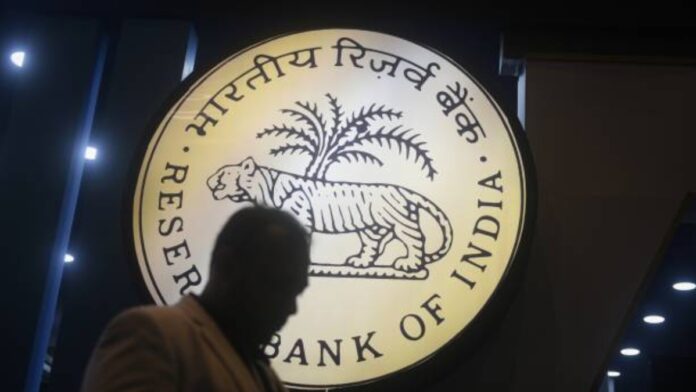Financial regulators, across the world, have unenviable jobs. Either they take hard positions against the industry or individual, thereby inviting the wrath or displeasure of one or both.
In 2024, Indian financial regulators were able to achieve both, though the balance is debatable. The Reserve Bank of India (RBI), the Securities and Exchange Board of India (Sebi), and the Insurance Development Authority of India (Irdai) were all criticised by industry and individuals univocally. But the good news is that they took corrective measures across the sector.
For example, the market regulator waited for a long time, perhaps too long, some may say, before it acted on the two biggest threats to investor wealth—futures and options (F&O) and small-and-medium enterprises (SME) initial public offerings (SME IPOs). This, despite its own reports indicating that over 90% of investors were losing money in the derivative segment. But when it did, there were a series of steps, some indirect, such as introducing uniformity in fees to discourage discount brokerages, and then direct ones like increasing the contract size to Rs 15 lakh, reducing the number of weekly contracts to one per exchange, and imposing a 2% addition extreme loss margin.
Also Read NFRA’s move on “SQM” norms needless: ICAI Simplilearn cuts losses by 56 per cent on marginal revenue growth in FY24 Reforming agriculture marketing Curb subsidies to build critical infrastructure, RBI tells states
With SME IPOs, Sebi tried to improve the quality of companies getting listed by mandating that the firm needs to have an operating profit of Rs 1 crore for two out of the three preceding years, phased release for promoter lock-ins, and the offer for sale should not exceed 20% of the total issue size. Of course, it could have been harsher by increasing the lot size from 2 to 4 lakh, as proposed in the consultation paper. But it is enough handholding for now.
Also ReadWill Budget 2025 deliver? Deloitte points to capex as growth driver
The former prompted Nithin Kamath of Zerodha—India’s most profitable broking—to comment that regulatory risk is the biggest risk for any regulated business. He went on to say that times will be tough for the broking industry going forward because almost everyone’s business model is skewed towards earning from options.
Even exchanges were not so thrilled because their volumes have taken a severe hit and will lead to lower profitability.
» Read More


